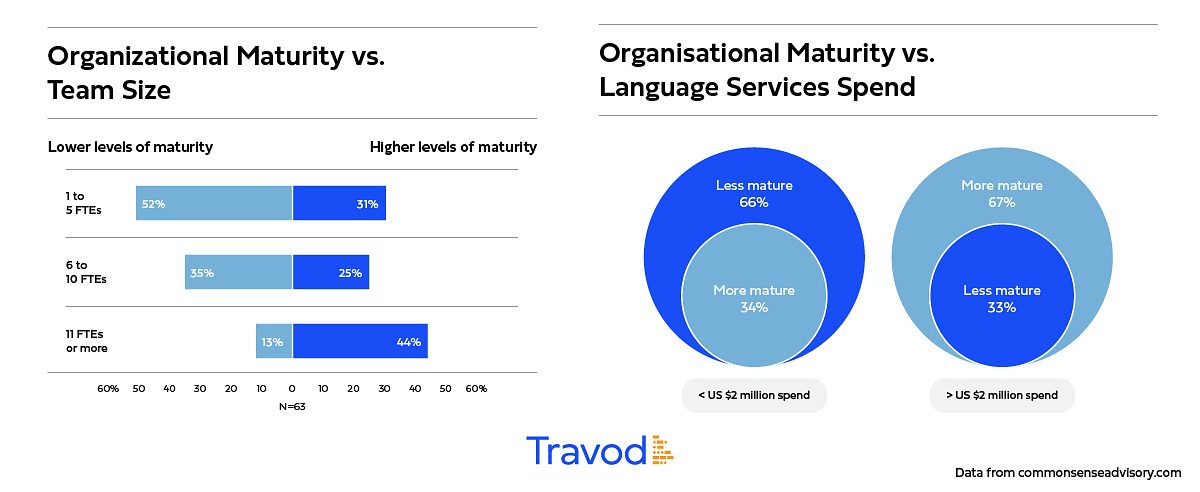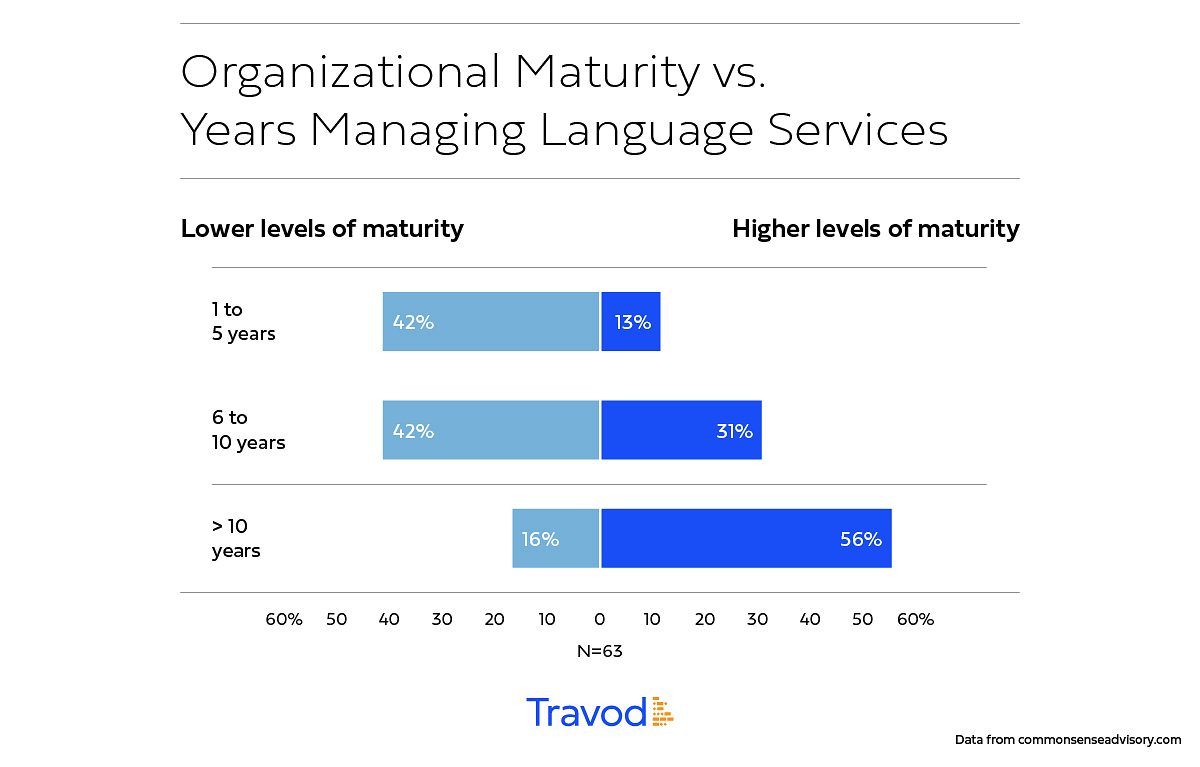
Do you need your own localisation team?
As your business expands globally, the need to tailor content for local markets becomes more important. The better you can communicate with potential customers, the more likely you are to convert sales.
As important as localisation is to your strategy, it also increases the complexity of preparing, publishing and managing your corporate website. One way to meet – and overcome this challenge – is through the use of a localisation team. But is this the right choice for your business?
What is a localisation team?
At the most fundamental level, a localisation team takes your client-facing assets and prepares them for publication in each target language. Normally the team consists of a program manager, at least one localisation engineer, and a team of developers who implement and publish translated texts.
The localisation team is closely aligned with your development team, taking responsibility for every aspect related to linguistics and translation.
Localisation teams – a necessity for mature businesses
Research by Common Sense Advisory has found a close correlation between business maturity, level of spend and the size of the team. The logical inference is that the more mature your business, the more likely you are to need a localisation team.

More than 40% of the most mature business have localisation teams of 11 full-time employees or more. These mature businesses also tend to have more experience managing languages services – the majority have been doing so for 10 years or more. Unsurprisingly, more mature businesses also realise much higher levels of turnover than their younger competitors.

What does a localisation team do?
As well as translating website copy, localisation teams are often closely aligned with in-house development teams, providing translations for software user interfaces and documentation.
In the most mature businesses, the localisation team is the central point of contact for language services. But this is not a surprise given the fact that two-thirds of mature organisations spend over $2 million USD on language services every year.
But as a strategic asset, the localisation team should also be involved in proactive tasks to prepare for entry to new markets. Localisation experts should be researching, tracking and analysing target markets for instance. They will generate insights that decide which markets you should expand into and when.
As those strategic decisions are taken, the localisation team can begin the process of defining language choices, building an approved terminology base and laying out the framework for the translation project.
Localisation teams don’t have to do everything
According to Common Sense Advisory, the role of the localisation team varies depending on the maturity of the organisation. In less mature organisations, the team typically acts as a linguistic consultant to developers, or as a project management resource to oversee localisation.
But in a mature organisation, the localisation team takes on the role of being a centre of excellence. This means they provide the same consultancy and project management services – and develops frameworks that help to streamline and standardise future localisation projects.
As a centre of excellence, mature localisation teams also understand the value and importance of using third-party consultants and services to augment their own operations. The localisation team can translate business requirements into project briefs, before outsourcing the actual translation work to a localisation expert like Travod.
You need more than language skills
As a central point of contact, the team can divert additional time and resources to ensure that every aspect of your website or application is identified ready for translation. In addition to menu options, manuals and button text, you will also need to localise text used in graphics, or as part of training videos. Otherwise, you will create a negative impression with customers who will see the system as being only half finished.
Your localisation partners need to offer more than just translation services too. Given the highly technical nature of software and website development, you will need access to linguistics consultants who are able to demonstrate subject matter expertise. This understanding will help to streamline and accelerate localisation projects, shortening time to enter into new international markets.
Once localisation has been completed, your partners can also conduct early research and testing to assess the quality and effectiveness of their translation efforts.
By outsourcing translation tasks, your localisation team remains a strategic asset and is not tied up by tasks that could be better performed by a consultancy. The more tasks you can outsource, the more time and resources you can devote to strategic activities to help drive uptake in your new target markets.
Localisation teams offer a strategic advantage
The localisation team is not just a glorified translation service. As a strategic asset, their activities and efforts should be applied in the same direction as the wider growth strategy.
After all, the insights provided by the team will help direct your global growth efforts. Their research insights will help you understand which international markets offer the greatest revenue earning potential.
Where the localisation team is integrated with business strategy, the money spent is no longer a basic cost, but an important investment in the future of your organisation. And precisely the reason why mature businesses invest heavily in building, extending and maintaining localisation teams.
To learn more about localisation teams and how Travod can augment and support yours, please get in touch.
Subscribe for more
Stay up to date with the latest articles, news and translation insights


